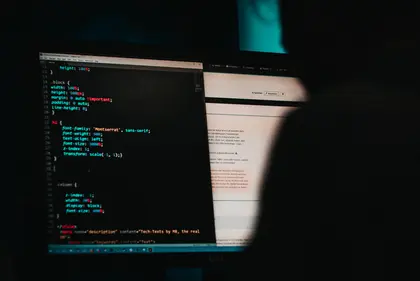Switzerland said Wednesday that a cyber-attack claimed by a pro-Russian group temporarily disrupted access to a number of government websites, following Ukrainian President Volodymyr Zelensky's visit to Davos.
The government said that "the Russian-linked hacker group 'NoName' claimed responsibility for the attack, citing Ukrainian President Zelensky's attendance at the WEF annual meeting" in the luxury Swiss ski resort of Davos.
JOIN US ON TELEGRAM
Follow our coverage of the war on the @Kyivpost_official.
In a statement, the government's National Cyber Security Centre (NCSC) stressed that "the cyber-attack was promptly detected" and specialists "took the necessary action to restore access to the websites as quickly as possible".
"An attack of this kind had been expected, and appropriate security measures were in place."
The so-called distributed denial-of-service (DDoS), which makes websites or network resources unavailable by flooding them with malicious traffic, temporarily knocked out access to government ministries and federal offices.
But the government's main portal www.admin.ch remained operational, the statement said.
The "NoName" group which claimed Wednesday's attack already targeted Switzerland's federal administration last June, after Zelensky addressed the Swiss parliament remotely via video-link.
This time, the Ukrainian president came to Switzerland in person.
On Monday, he met with Swiss President Viola Amherd in Bern, before travelling to Davos, where he addressed the World Economic Forum on Tuesday.

Russia’s Shadow Looms Over Estonian Border Town
Following his meeting with Amherd, the pair announced to journalists that neutral Switzerland had accepted to organise a peace summit of world leaders towards ending Russia's war in Ukraine.
The exact dates or modalities of that summit have yet to be announced.
Switzerland's long-standing position is one of well-armed military neutrality. It has refused to send armaments to Kyiv or allow countries that hold Swiss-made weaponry to re-export it to Ukraine.
But it has matched the European Union's economic sanctions on Russia following Moscow's invasion of Ukraine in February 2022.
You can also highlight the text and press Ctrl + Enter






